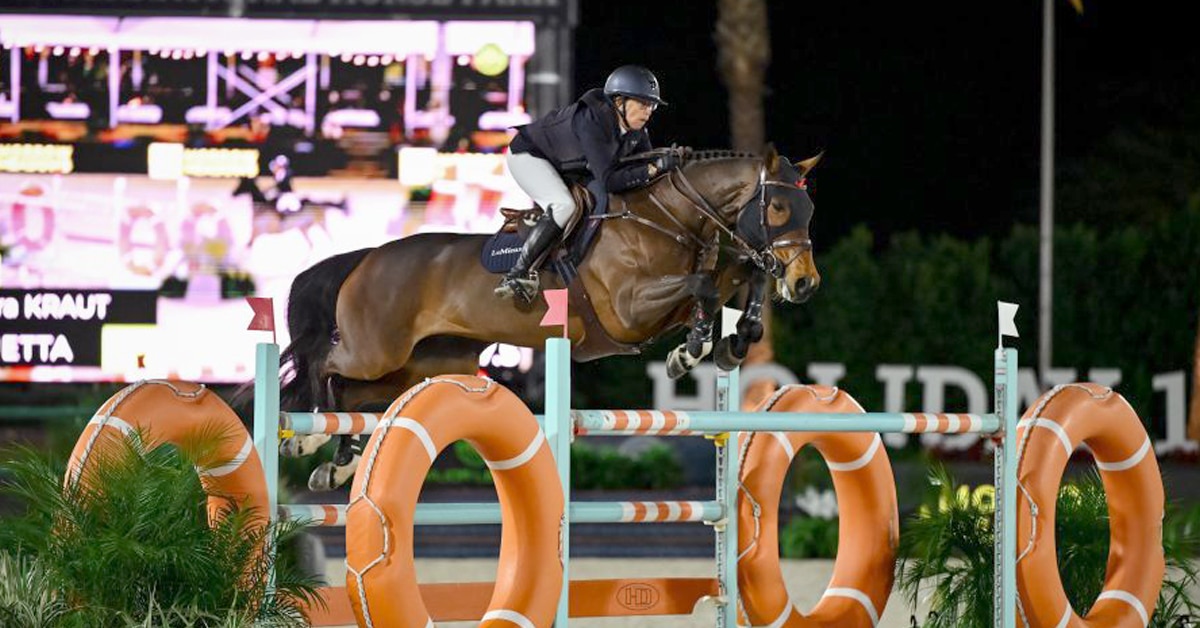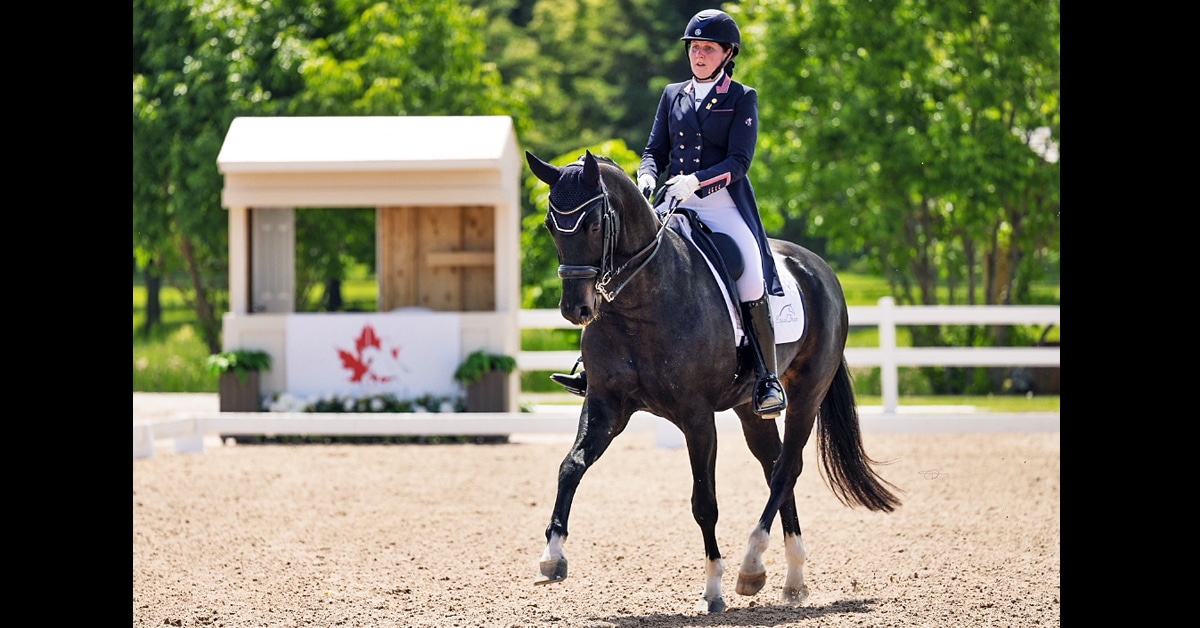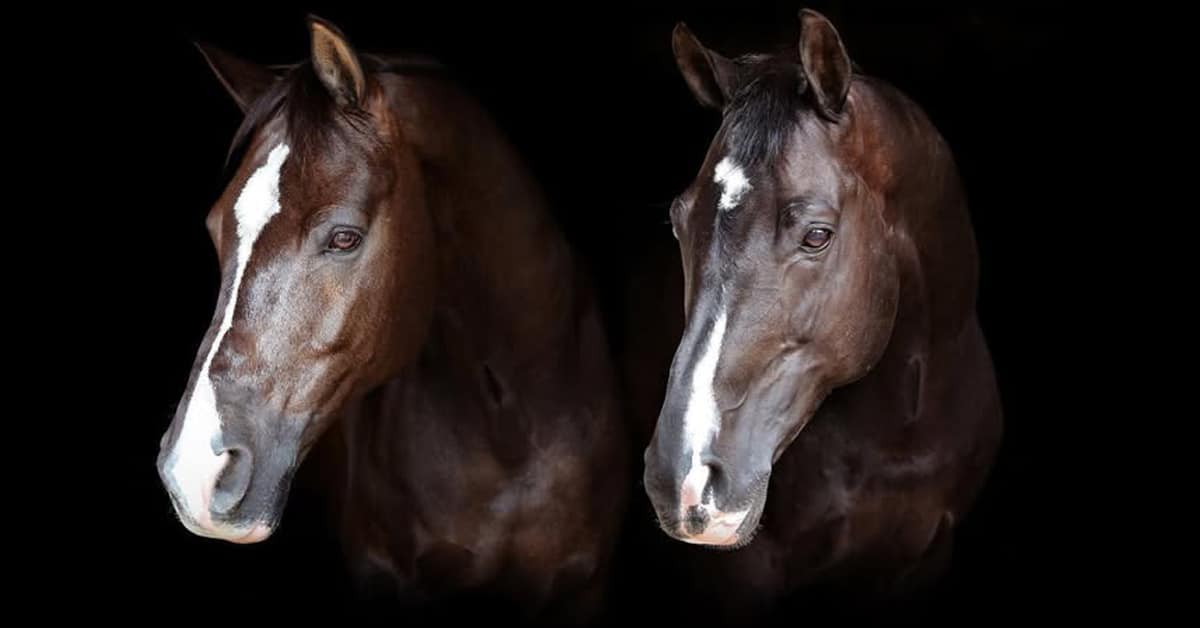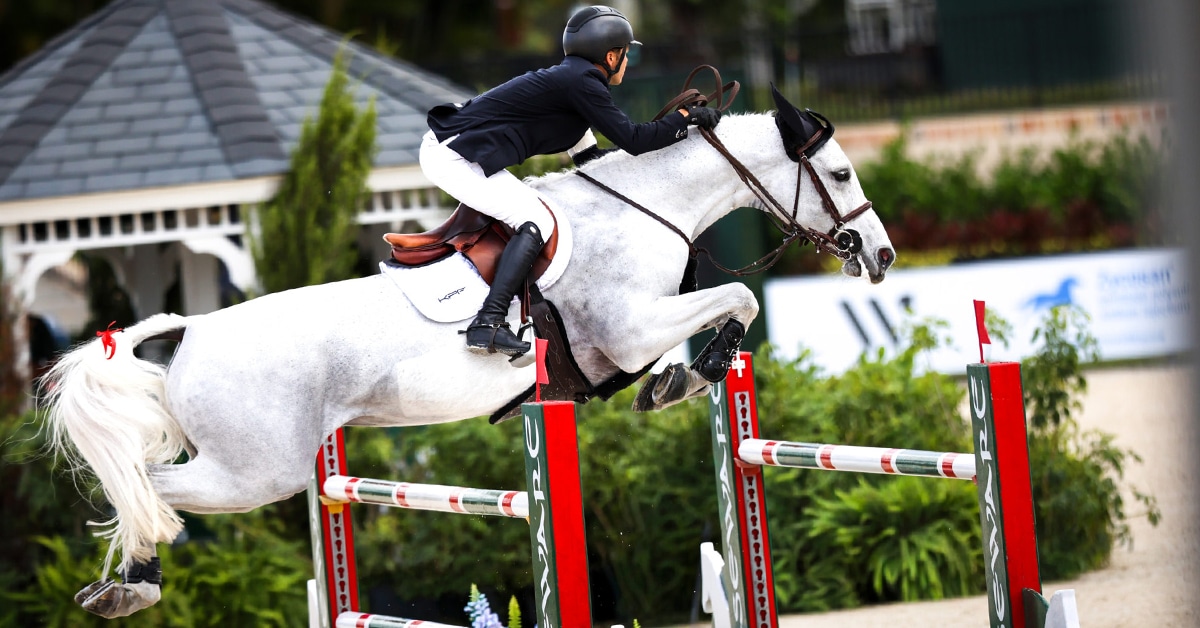Organizers of FEI 4* and 5* jumping shows (CSIs) will have to pay a deposit of up to 10,000 Swiss francs when they apply for a date from 2024 onwards in a move to stop the growing practice of “calendar blocking.” There will also be fines for late cancellations, with repeat offenders fined up to 20,000 Swiss francs.
Tactical “calendar blocking” to secure the best dates and/or stop rival organizers occupying them has become problematic, especially in Europe which stages 453 CSIs annually, nearly double the rest of the world combined (230). Some organizing committees have tried to keep their options open by provisionally requesting multiple dates and then only deciding which – if any – to confirm close to the event.
Sometimes CSIs have been cancelled or downgraded after entries were accepted, disrupting riders’ plans and preventing other bona fide shows from occupying that date. Its is alleged that some OCs have created new corporate entities after filing for bankruptcy to avoid paying outstanding invoices to suppliers, FEI fees, prize-money and officials’ per diems.
The FEI is taking this notably tougher line to weed out upper level “phantom” shows from January 1, 2024. OCs – whether in an affected or region or not – will have to pay the deposit within 30 days of requesting a date of 5,000 Swiss francs for 4* and 10,000 for 5*. The deposits are refundable only through being credited against other organizers’ fees to the FEI when the show goes ahead. If the CSI is cancelled for reasons other than “force majeure”, the deposit is forfeited.
Organizers who repeatedly cancel will be fined on a rising tariff, with a maximum 20,000 Swiss francs for a second offence of cancelling a 5* up to four weeks before the start. A third cancellation by the same OC in a 365-day period will see all events they are associated with, in any discipline, removed from the FEI calendar. The definition of “Related Organizers” has also been clarified and the FEI secretary-general has new powers to remove a fixture from the calendar if there is good reason believe the OC will not meet its financial obligations, after consulting its National Federation.
The changes were debated during last week’s FEI General Assembly in Cape Town, for despite extensive prior consultation many countries felt it was too drastic and that direct action should instead be taken against known offenders. At the last minute, delegates managed to get 3* CSIs removed from the deposit tariff. However, the deposit system is contained in FEI General Regulations (GRs) and was approved by 86-1 votes, with two abstentions. It will comprise a new appendix, K, in due course.
It comes as the FEI is budgeting for an expected 10% reduction in show affiliation fees next year due to the shrinkage of the global economy.
The European Equestrian Federation (EEF) and Germany, a country with 40 confirmed CSIs during 2022, actively supported the move, while recognizing it will impose an extra burden on OCs at the beginning of each year, before much revenue has come in. However, other leading jumping nations have objected vehemently.
Italy and Austria submitted a joint argument. They supported moves to root out “phantom shows” but said the monies involved would provoke other problems: “The request of such deposit will in the end discourage the very application of all higher events and surely will have severe detrimental effects over the overall international sport activity in a country, with much damage to home jumping athletes who will not have the chance to gain Longines ranking points in home events as easily as it is now. This fact would, lastly, in the end make the jumping rankings even stiffer.
“An OC, very active internationally running many events each year, would be exposed to a huge expense at the very beginning of the season (even though the deposit can be considered as an advance payment of the organizing dues if the event is effectively run). Organizing dues currently are paid during the year after each event, when the OC has the cash flow.
“The administrative process [invoicing/payments] can be indeed kind of burdensome to NFs to manage, involving furthermore more bank operations and bank fees.”
This is the second new financial burden for jumping OCs, who are still recovering from the pandemic and grappling with worldwide inflation. During the General Assembly the FEI Jumping Rules were also amended to increase the minimum per diems payable to certain CSI officials from next year, as reported here.
More News










